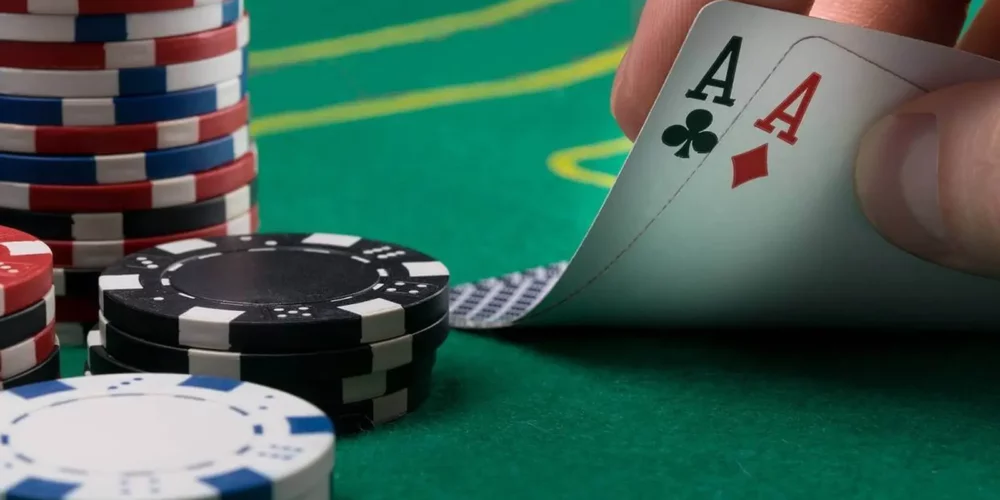Regulars at online casinos are well aware of one fundamental reality - these platforms are designed to earn a profit. Every offering, from slots and roulette to skill-based games like blackjack and poker, inherently favors the house.
The house edge represents a sliver of every wager that guarantees the casino’s profitability over time. For instance, betting £1,000 in an online poker room may allocate £33.7 to the house edge. This house advantage varies both by the gaming platform and the type of game.
With online poker, however, things operate a little differently. The question, 'How do casinos profit from poker?' is frequently asked. There are numerous techniques that casinos employ, and we meticulously explore every angle in this article.























